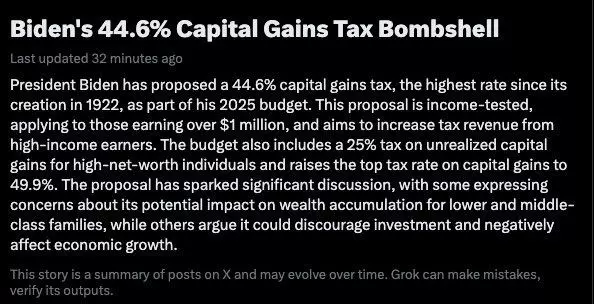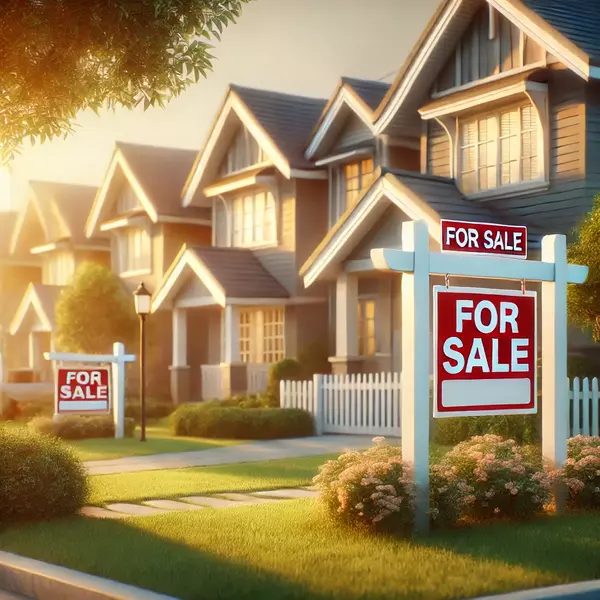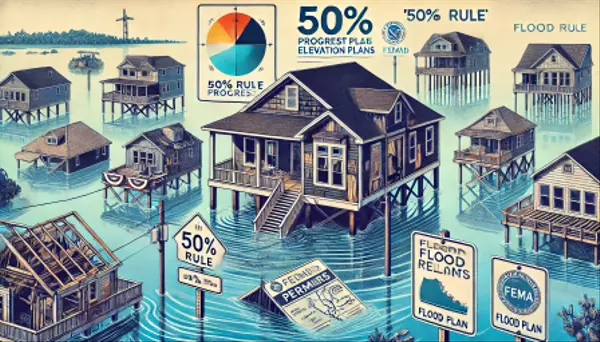The Unrealized Property Gain Tax: A Devastating Blow for Homeowners and the Middle Class

The Unrealized Property Gain Tax: A Devastating Blow for Homeowners and the Middle Class
In recent years, the concept of taxing unrealized capital gains has gained traction among some policymakers, particularly within the Democratic Party. While much of the focus has been on taxing gains in stocks and other investments, a new and alarming proposal targets unrealized gains on real estate. The idea of taxing homeowners on the value increase of their property before they even sell is not only misguided but could have devastating consequences for homeowners, particularly middle-class families.
What Is an Unrealized Property Gain Tax?
An unrealized property gain tax would levy taxes on the increase in a home’s value, even if the owner hasn’t sold the property. For example, if you bought your home for $300,000 and, over the years, it’s appreciated to $500,000, you could be taxed on that $200,000 gain—regardless of whether you’ve cashed in on it.
Why Is This Idea So Problematic?
-
Crippling Financial Burden on Homeowners:
Most people purchase homes not as speculative investments but as places to live, raise families, and build memories. The average homeowner is not flush with liquid assets; their wealth is often tied up in their property. Taxing them on unrealized gains forces homeowners to pay taxes on money they haven’t actually received. This could lead to families being unable to pay their property taxes, forcing them to sell their homes prematurely or fall into debt. -
Targeting the Middle Class:
Proponents argue that this tax would primarily affect the wealthy. However, homeownership is a cornerstone of the middle-class American Dream. With property values rising across the country, particularly in urban areas, millions of middle-class homeowners would be caught in this tax net. The middle class, already squeezed by rising living costs, stagnant wages, and inflation, would be disproportionately hurt by such a policy. -
Retirees and Fixed-Income Families at Risk:
Retirees who have paid off their homes and live on fixed incomes would be particularly vulnerable. Many older Americans rely on Social Security and modest savings, and imposing taxes on unrealized gains could force them to sell their homes or take out loans just to meet tax obligations. This could erode their financial security in their most vulnerable years. -
Housing Market Instability:
If homeowners are forced to sell properties to cover these new taxes, it could flood the market with homes, leading to price volatility and market instability. In a worst-case scenario, this could trigger a housing market crash similar to the 2008 crisis. Housing affordability, already a significant issue, could worsen as supply and demand dynamics are thrown into disarray. -
Discouraging Homeownership:
The potential for such a tax could deter future buyers from entering the market, especially younger generations already struggling with student loan debt and the high cost of living. Homeownership is one of the primary ways Americans build wealth, and disincentivizing it could lead to longer-term economic consequences, including reduced community investment and lower economic mobility. -
Complications in Valuation and Enforcement:
Determining the value of a home at any given time is not straightforward. Real estate markets fluctuate, and appraisals can vary. How would the government fairly assess a home’s unrealized gain? The administrative burden and potential for disputes would be enormous, leading to further bureaucratic complications and inefficiencies.
Conclusion
The unrealized property gain tax proposal is well-intentioned but fundamentally flawed. While the idea of ensuring the wealthy pay their fair share is valid, targeting the primary residences of millions of Americans would cause more harm than good. Homeownership is a key pillar of the middle class, and imposing taxes on unrealized gains threatens that foundation.
Instead of punishing homeowners for market conditions beyond their control, policymakers should focus on solutions that genuinely promote fairness without devastating the very people they claim to protect. An unrealized property gain tax is not only impractical—it’s unjust.
Watch these videos to understand the impacts..
This article highlights the broader implications of such a tax, showing how it could impact a wide range of Americans, not just the wealthy.
Categories
- All Blogs (74)
- Buying (31)
- foreclosure (4)
- Get to Know Kim (20)
- Get to Know Kim & Dave (15)
- Homes for Sale (27)
- Homes Under Contract (2)
- Lifestyle (17)
- marriage (6)
- Move to Florida (13)
- NAR Settlement (5)
- new construction (1)
- Off Market Property (13)
- Parrish (1)
- partnership (5)
- pre-foreclosure (4)
- Punta Gorda (1)
- Real Estate Market Update (25)
- Rebuilding (1)
- relationships (7)
- Reviews (10)
- Sarasota (9)
- Selling (39)
- short sale (4)
- Sold Homes (11)
- Things to do in Sarasota (1)
- venice (3)
- wealth (2)
Recent Posts











Kim And Dave Donahue
Real Estate Expert Advisors | Target Marketing Specialists | License ID: SL3352997

